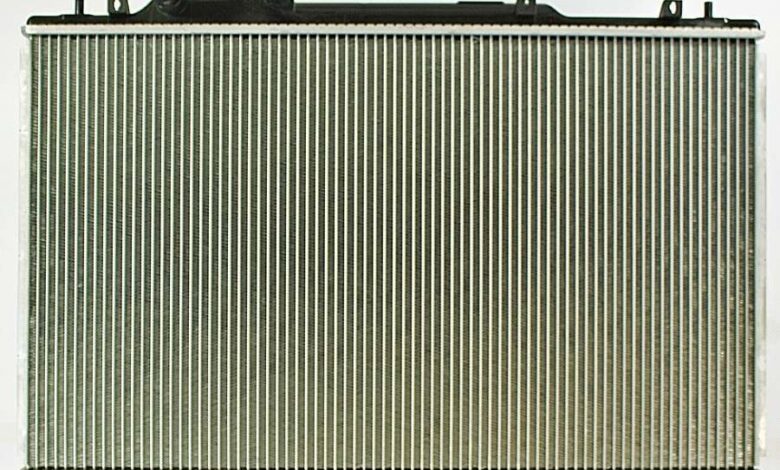Top Tips for Maintaining Your Radiator for Optimal Performance

As we approach the cooler months, the importance of a well-functioning heating system becomes paramount. One of the most crucial components of this system is the radiator. Ensuring your radiators are operating efficiently allows for a warm and comfortable home environment. However, regular maintenance is necessary to keep your radiator in prime condition. Below are some essential tips for maintaining your radiator to achieve optimal performance.
1. Regular Cleaning
Dust and grime build-up can significantly affect a radiator’s efficiency. It’s advisable to clean your radiators at least once a month. Use a vacuum with a brush attachment for easy suction of dust from hard-to-reach areas. For spots the vacuum can’t reach, a microfibre cloth can come in handy. Keeping your radiator clean not only enhances its performance but also prolongs its lifespan.
2. Bleed the Radiator
Over time, air can become trapped in your radiator, leading to cold spots and reducing its ability to heat a room effectively. Bleeding your radiators releases the trapped air, restoring them to optimal function. To do this, utilise a radiator key and gently turn it to release air until water steadily flows out. It’s a straightforward process that can make a significant difference in your heating efficacy.
3. Check for Leaks
Leakage can not only affect the performance of your radiator but may also result in higher heating bills and potential water damage. Regularly inspect your radiator for any signs of leaks. Look for water pooling around the unit or rust marks, which can be an indication of a slow leak. Addressing these issues promptly can save you from further repairs and inefficiencies.
4. Ensure Proper Installation
A proper installation is crucial for any device, and radiators are no exception. Improperly installed radiators may lead to less-than-optimal heating and function issues. Ensure your radiators are securely mounted and check that the connecting valves and equilibrium are correct. If you suspect an installation issue, consulting a professional can prevent small problems from escalating.
5. Maintain the Flow
Radiators should have a free flow of air around them to radiate heat effectively. Ensure that curtains, furniture, or other obstructions are not impeding the flow of heat into the room. This will not only maximise the heat output but also decrease the burden on your heating system.
6. Schedule Annual Professional Checks
While basic maintenance can be done by the homeowner, there is a definite advantage to scheduling an annual professional inspection. An expert can assess whether your radiator and broader heating system are working efficiently and conduct more in-depth maintenance tasks. They can also provide advice on when it might be time to upgrade systems or components.
7. Monitor the Thermostatic Radiator Valve (TRV)
The TRV controls the flow of hot water to the radiator and is essential for maintaining room temperature efficiently. Ensure that the valve is functioning correctly and not corroded, as a faulty valve can lead to inadequate heating control. If you notice irregular heating, consider having the TRV assessed by a professional.
Conclusion
Maintaining your radiator demands a little time and effort, but the payoff in warmth and efficiency is well worth it. Regular cleaning, bleeding, checking for leaks, ensuring proper installation, and allowing free airflow can remarkably boost your heating system’s performance. Furthermore, enlisting in professional checks ensures your system is always in peak condition. By taking these steps, you can enjoy a cosy home throughout the colder months and potentially save on energy bills as well.


